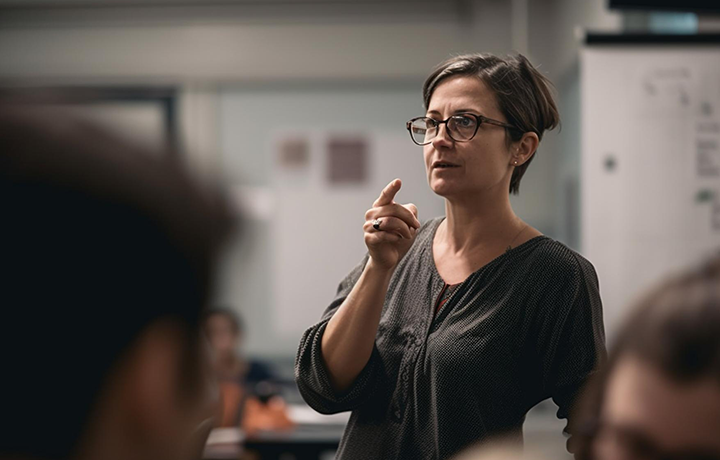Conflict is an inevitable part of any community, and how we navigate and resolve these conflicts can profoundly impact the growth and strength of the community. When handled effectively, conflicts can lead to positive change, increased understanding, and strengthened relationships within the community. In this article, we will explore strategies for resolving conflicts and promoting growth within a community.
1. Promote Open Communication:
Transparent and honest communication is the cornerstone of conflict resolution. Encourage community members to express their concerns, opinions, and emotions openly and respectfully. A culture of open dialogue allows conflicts to surface early, making it easier to address them before they escalate.
2. Active Listening and Empathy:
Ensure that individuals involved in a conflict feel heard and understood. Practice active listening, allowing them to express themselves fully. Show empathy and try to see the situation from their perspective. Understanding each other's feelings and viewpoints is crucial for finding common ground.
3. Establish Mediation and Conflict Resolution Processes:
Implement clear and fair conflict resolution processes within the community. Mediation, facilitated by a neutral party, can help disputing parties find common solutions. Having structured procedures in place assures community members that conflicts will be addressed in a fair and impartial manner.
4. Focus on the Issue, Not the Person:
During conflicts, it's essential to focus on the specific issue at hand rather than attacking individuals. Encourage constructive criticism and feedback that target behaviors or actions rather than personal attributes. This helps in keeping discussions productive and lessening emotional tensions.
5. Collaborative Problem-Solving:
Encourage those involved in a conflict to work together to find solutions. Collaborative problem-solving promotes cooperation and mutual respect. Involve the conflicting parties in brainstorming and implementing resolutions, fostering a sense of ownership and commitment to the community's harmony.
6. Educational Workshops on Conflict Resolution:
Organize workshops or training sessions focused on conflict resolution skills. Equip community members with the tools and knowledge necessary to handle conflicts constructively. These workshops can cover topics like negotiation techniques, effective communication, and managing emotions during conflicts.
7. Encourage Forgiveness and Healing:
After a conflict is resolved, emphasize the importance of forgiveness and moving forward. Encourage healing within the community by acknowledging the impact of the conflict and finding ways to rebuild trust and strengthen relationships.
8. Regularly Review and Adapt Conflict Resolution Processes:
Periodically review the community's conflict resolution processes to ensure they remain effective and relevant. Gather feedback from community members and adjust the procedures as needed to address emerging challenges and dynamics.
In conclusion, conflicts are an inevitable aspect of any community. By promoting open communication, active listening, collaborative problem-solving, and forgiveness, communities can effectively navigate conflicts, fostering growth and unity. A well-managed conflict can lead to a stronger, more resilient community ready to face future challenges.

